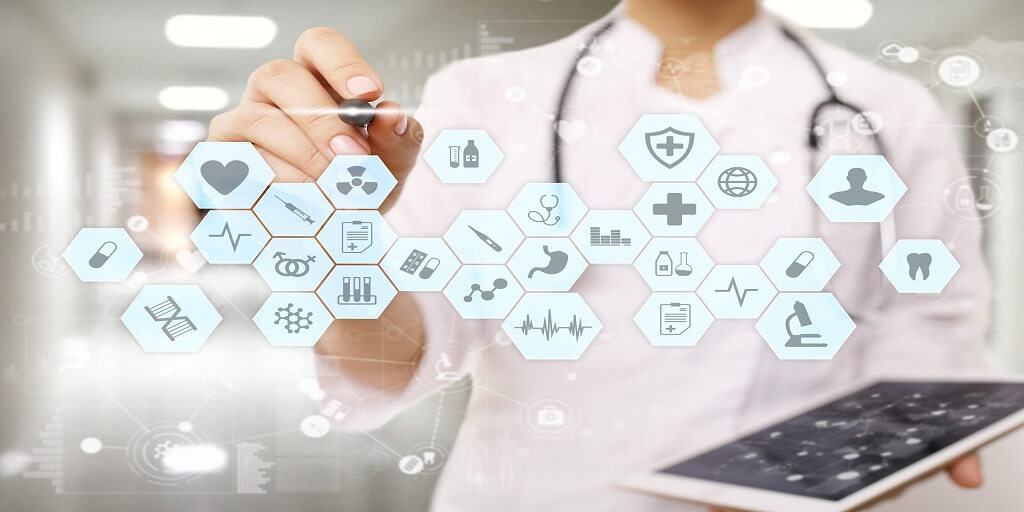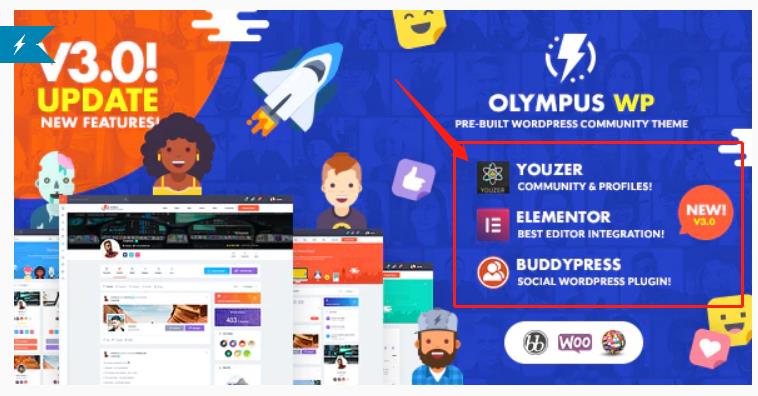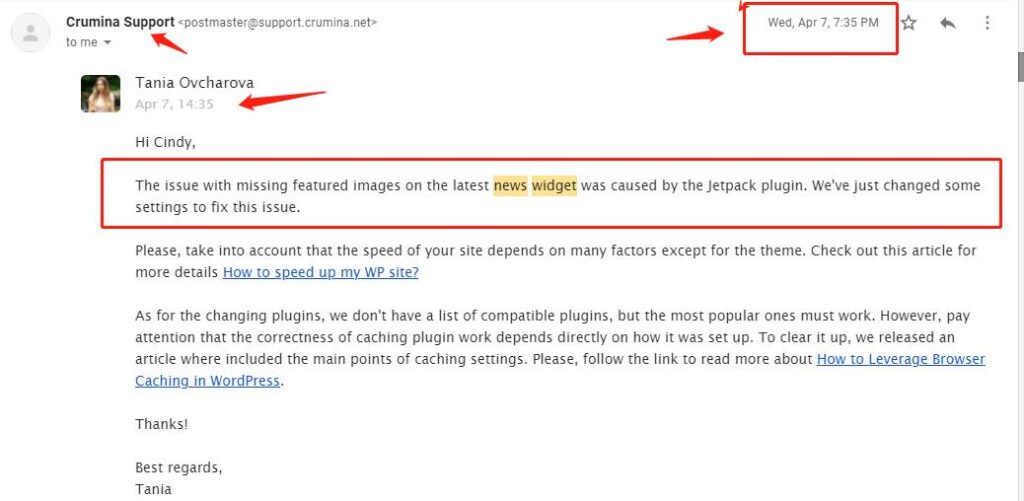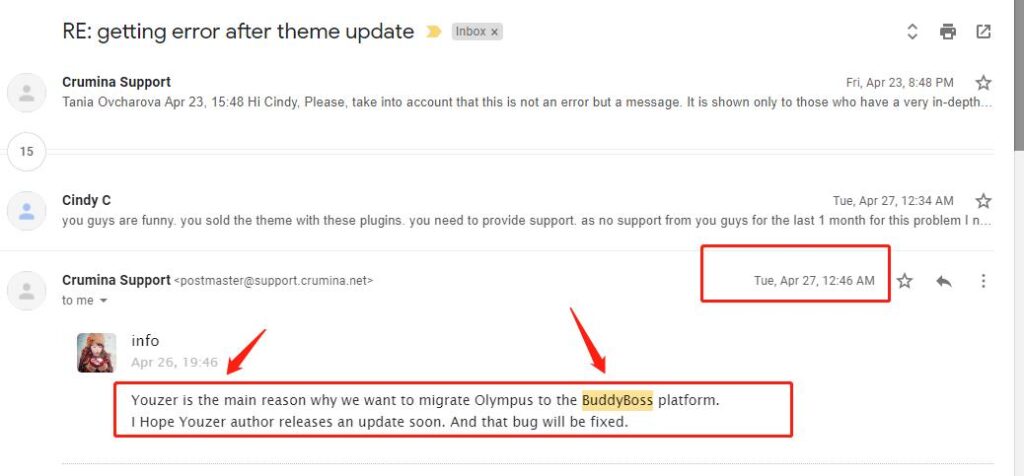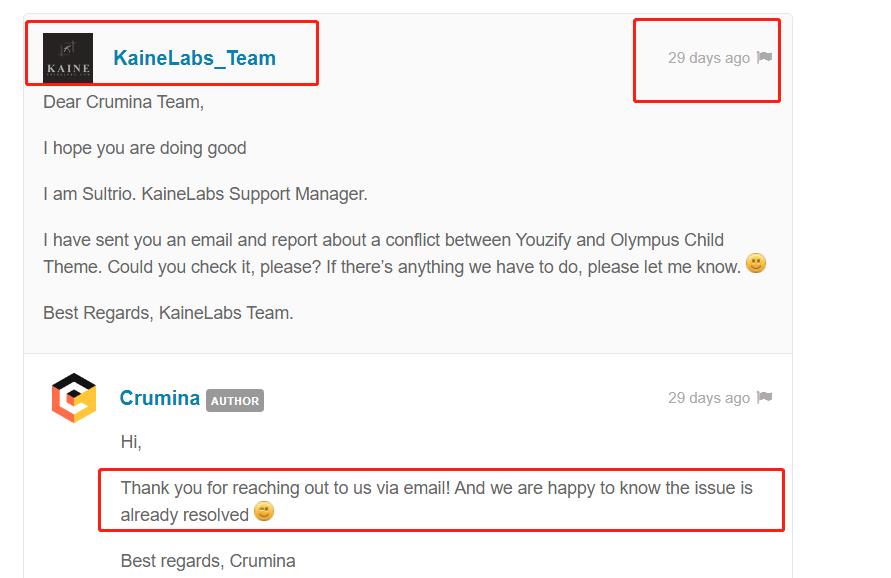Medical information systems, electronic medical records, wearable, and smart gadgets, and portable devices are among the technological advancements that are transforming healthcare systems into digital ones. This growth in medical big data, along with the development of computational methods in the area of healthcare, has allowed academics and practitioners to extract and display medical big data on a whole new level of complexity and breadth of application.
Big data analytics services are defined as enormous quantities of information that have the potential to do marvels. It has been a subject of particular attention over the last two decades because of the tremendous potential that it has. Different public and private sector businesses produce, store, and analyze large amounts of data in order to enhance the services they offer to the public and private sectors.
In the healthcare sector, different sources of big data include hospital records, patient medical records, results of medical exams, and devices that are a part of the internet of things, among other things. Biomedical research also contributes significantly to the generation of large amounts of data that are important to public health.
In order to extract useful information from this data, it is necessary to organize and analyze it properly. Otherwise, attempting to discover a solution via the analysis of large amounts of data soon becomes like searching for a needle in a haystack. There are many difficulties connected with each stage of managing large amounts of data, which can only be overcome by using high-end computer systems for large-scale data processing.
Consequently, healthcare providers must be fully equipped with suitable infrastructure in order to offer relevant big data analytics solutions for improving public health. This includes the ability to systematically collect and analyze large amounts of data. The effective administration, analysis, and interpretation of large amounts of data may completely alter the game by opening up new possibilities for contemporary healthcare research and development. That is precisely why many sectors, including the healthcare industry, are putting out significant effort to transform this potential into improved services and financial benefits. Modern healthcare organizations have the potential to transform medical treatments and customized medicine via the effective integration of biological and healthcare data.
Patient care is improved as a result of the following:
Patient care is improved as a result of this
The major advantage gained from information generated from big data analytics is that it provides better clinical insights to a variety of healthcare professionals. Modern analytics enhances patient care in the healthcare system because it allows physicians to prescribe more effective therapy and make clinical choices that are more accurate, thus removing any uncertainty that may have been throughout the treatment process.
Testing using big data analytics can identify individuals who are at greater risk of developing a disease promptly and effectively.
While taking into account population-wide data for a given region, predictive analytics, in particular, may identify which section of patients is at greater risk for illness and provide suggestions for early action to protect them. This kind of prediction is more appropriate for representations of specific chronic illnesses than it is for other types of depictions.
2. Care in real-time that is cutting edge
Hospitals and healthcare organizations can provide their patients with high-quality real-time treatment, which is one of the most essential things they can do for them. Doctors can provide such high-quality treatment by constantly monitoring a patient’s vital signs, medicines, symptoms, and progress, among other things. Big data may help them do so even more effectively. It is advantageous to offer real-time treatment since doing so may result in a clear audit trail of clinical data that was documented via the dates and times of professional observations and evaluations. These records are kept automatically and may be used to monitor things such as nurse check-in schedules. They will also include any events and complaints on file, which are valuable to the specific hospital, and they will be stored automatically.
3. A fresh perspective on healthcare technology
Big data has unquestionably provided a fresh perspective on healthcare technology and the ways in which the sector might be better. Among the many benefits that big data has bestowed upon the healthcare industry are cost reduction, real-time care, follow-up care, and the prevention of medication errors. The capabilities of big data technology will only grow stronger with time, saving more lives and improving hospitals around the world.
4. Efficiencies in the workplace
Employee productivity may be increased by collecting and evaluating data on their staff. Hospitals, pharmaceutical firms, and other healthcare organizations can benefit from this practice.

